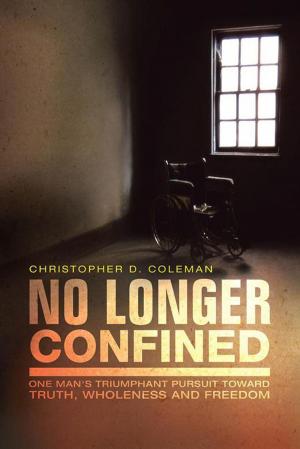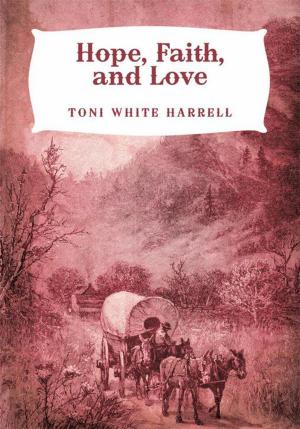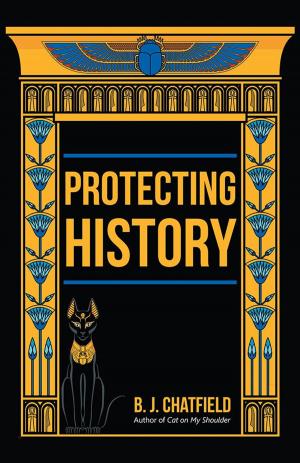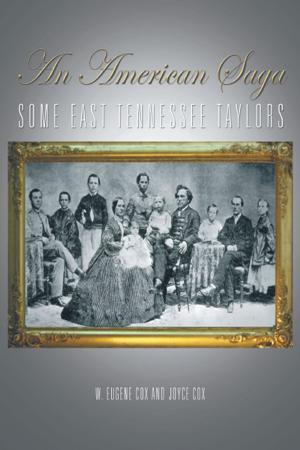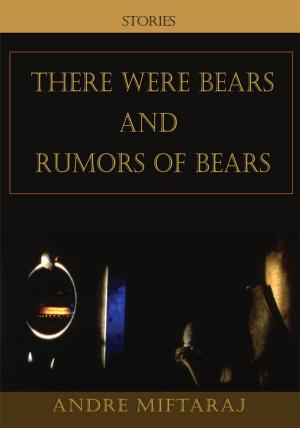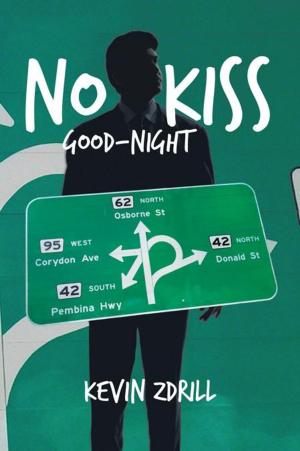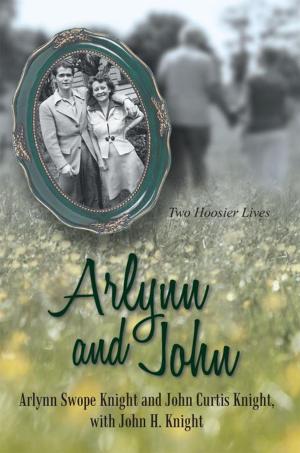Growing up on the Farm
History in My Lifetime
In Rosebud, Texas
In the 1940Ýs and 1950Ýs
As Remembered by the Author
Biography & Memoir, Nonfiction, History| Author: | Henry Skupin | ISBN: | 9780595883707 |
| Publisher: | iUniverse | Publication: | September 6, 2007 |
| Imprint: | iUniverse | Language: | English |
| Author: | Henry Skupin |
| ISBN: | 9780595883707 |
| Publisher: | iUniverse |
| Publication: | September 6, 2007 |
| Imprint: | iUniverse |
| Language: | English |
"Growing Up On the Farm" - in Rosebud, Texas - in the 1940's and 1950's has been enthusiastically received by readers, especially those who lived on farms during that period of our American History. Every story is about real people and things that actually happened. Even though "Growing Up On the Farm" has humor from beginning to end, I mostly make fun of myself. Believe me, in a 20 year period I made enough humorous mistakes to provide plenty of interesting material for a book. I have received many compliments including one in which the reader states that, "She felt she was sitting across the kitchen table from me telling me stories of my childhood." Another said that in writing my stories, "I did myself proud." Drayton McLane, owner of the Houston Astros, McLane Wholesale, and McLane Trucking, stated, "Yes, that once he started reading "Growing Up On the Farm" he found it hard to put down." Drayton McLane grew up in Cameron which is the next town South of Rosebud and I got that response from him in the U S Mail 5 days after I mailed him the book. I touch on just about every facet of being a kid on a Texas farm in that era and have had warm responses from readers from coast to coast and from Canada to Mexico. Two stories that people seem to relate strongly to are about butchering a hog and washing clothes with homemade lye soap in a wash pot in the back yard - heated by a fire from burning logs. I also describe doing daily chores on the farm, playing on the farm, churning butter, raising baby chicks, plucking and butchering fryers, being born at home in a house without electricity or running water, attending a one room public school without running water - where our bathroom was an outhouse, my older brother riding his pony Sally to school each day, chopping cotton, picking cotton, milking cows, working in our huge garden, canning food from the garden with our mom, and doing quite a few tasks that were beyond today's expected skill levels for someone my age. I cover walking one and one-half miles home from school in the first grade and hitch-hiking 6 miles to town to play Little League Baseball at the age of 11 and 12. I felt truly rewarded for being able to contribute in such a meaningful way to the family's lively hood. A significant amount of coverage is given to some of my teenage responsibilities like hauling the entire corn crop to market each year beginning at the age of 13, along with some quite humorous mistakes that I was responsible for. Of course all teenagers do a few things they never get around to telling their parents about and I did a few of those myself. Since almost all of the adults from those bygone days are now long deceased I can cover them and enjoy making fun of myself. Obviously I also cover my immediate family in detail and most of my extended family. I believe another interesting use that can be made of this book is as reading material for the grandchildren of people that lived on farms in the 40's and 50's. This is history that very few children will ever again experience. In talking to people from that era I have found that very few parents told them many stories from their childhood. Yet people that grew up on farms from across the nation have told me again and again that my stories were very similar to their experiences. Once children of today read these stories they are much more likely to discuss their grandparents experiences with them while they are still alive to tell their tales. I live in Houston, Texas today and I am now giving a series of talks on "Growing Up On the Farm" and can be contacted at farmboy@prodigy.net if anyone would like more information or would like me to mail them a signed copy. I would welcome individuals recommending this book to public and school libraries, high school FFA programs, retailers and their friends on my behalf.
"Growing Up On the Farm" - in Rosebud, Texas - in the 1940's and 1950's has been enthusiastically received by readers, especially those who lived on farms during that period of our American History. Every story is about real people and things that actually happened. Even though "Growing Up On the Farm" has humor from beginning to end, I mostly make fun of myself. Believe me, in a 20 year period I made enough humorous mistakes to provide plenty of interesting material for a book. I have received many compliments including one in which the reader states that, "She felt she was sitting across the kitchen table from me telling me stories of my childhood." Another said that in writing my stories, "I did myself proud." Drayton McLane, owner of the Houston Astros, McLane Wholesale, and McLane Trucking, stated, "Yes, that once he started reading "Growing Up On the Farm" he found it hard to put down." Drayton McLane grew up in Cameron which is the next town South of Rosebud and I got that response from him in the U S Mail 5 days after I mailed him the book. I touch on just about every facet of being a kid on a Texas farm in that era and have had warm responses from readers from coast to coast and from Canada to Mexico. Two stories that people seem to relate strongly to are about butchering a hog and washing clothes with homemade lye soap in a wash pot in the back yard - heated by a fire from burning logs. I also describe doing daily chores on the farm, playing on the farm, churning butter, raising baby chicks, plucking and butchering fryers, being born at home in a house without electricity or running water, attending a one room public school without running water - where our bathroom was an outhouse, my older brother riding his pony Sally to school each day, chopping cotton, picking cotton, milking cows, working in our huge garden, canning food from the garden with our mom, and doing quite a few tasks that were beyond today's expected skill levels for someone my age. I cover walking one and one-half miles home from school in the first grade and hitch-hiking 6 miles to town to play Little League Baseball at the age of 11 and 12. I felt truly rewarded for being able to contribute in such a meaningful way to the family's lively hood. A significant amount of coverage is given to some of my teenage responsibilities like hauling the entire corn crop to market each year beginning at the age of 13, along with some quite humorous mistakes that I was responsible for. Of course all teenagers do a few things they never get around to telling their parents about and I did a few of those myself. Since almost all of the adults from those bygone days are now long deceased I can cover them and enjoy making fun of myself. Obviously I also cover my immediate family in detail and most of my extended family. I believe another interesting use that can be made of this book is as reading material for the grandchildren of people that lived on farms in the 40's and 50's. This is history that very few children will ever again experience. In talking to people from that era I have found that very few parents told them many stories from their childhood. Yet people that grew up on farms from across the nation have told me again and again that my stories were very similar to their experiences. Once children of today read these stories they are much more likely to discuss their grandparents experiences with them while they are still alive to tell their tales. I live in Houston, Texas today and I am now giving a series of talks on "Growing Up On the Farm" and can be contacted at farmboy@prodigy.net if anyone would like more information or would like me to mail them a signed copy. I would welcome individuals recommending this book to public and school libraries, high school FFA programs, retailers and their friends on my behalf.

